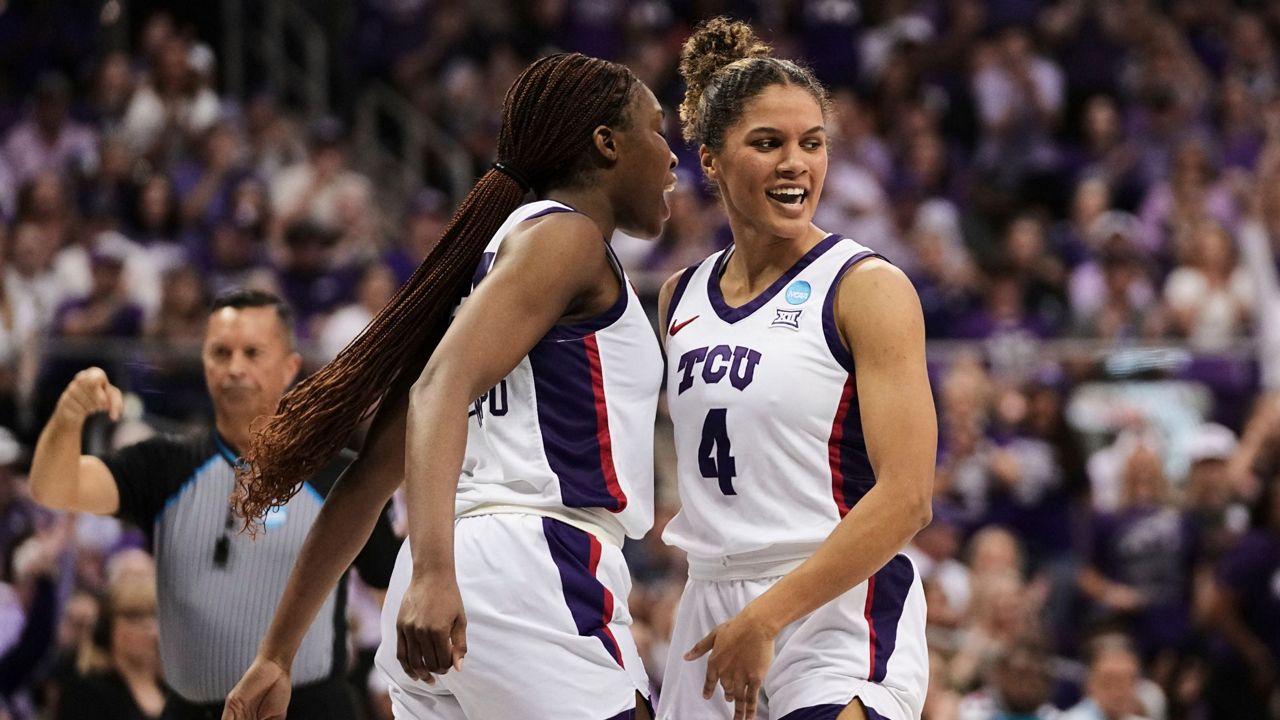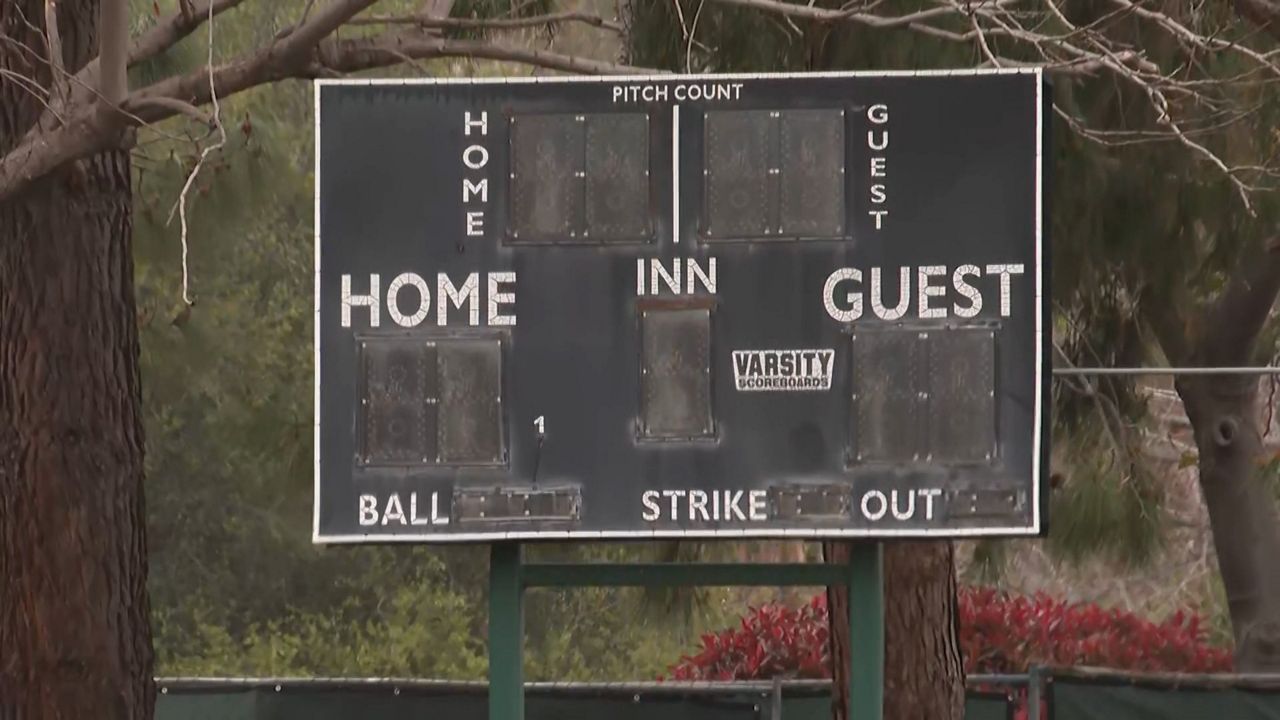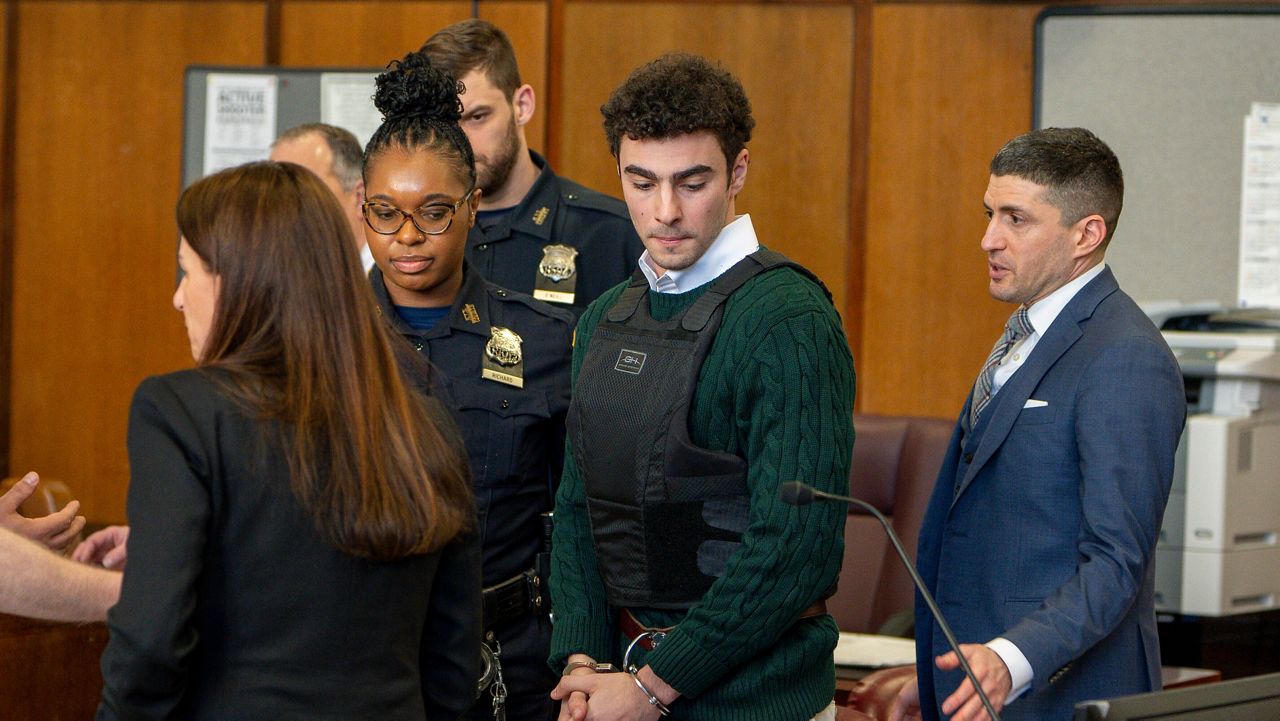LOS ANGELES — Tova G., a mother of three, is worried about measles.
What You Need To Know
- Measles vaccination rates in kindergartners have dropped in 16 California counties, falling below the 95% herd immunity threshold
- Measles is highly contagious — one case can infect up to 16 unvaccinated people, experts warn
- The CDC recommends two MMR vaccine doses for full immunity, but adults vaccinated before 1989 may have had only one
- Those born before 1957 are generally considered immune because of prior measles exposure
While her older children are fully vaccinated, her 11-month-old daughter is still too young to receive the measles, mumps and rubella vaccine — also known as MMR — leaving her vulnerable for another month.
“Younger kids are the ones who are the most at danger because they don’t have the antibodies,” she said. “They’re so little and this disease is so scary and it really can change your life.”
With cases of the highly contagious virus emerging in neighboring states and one recently confirmed in Los Angeles County, Tova — a high school teacher — said she’s taking extra precautions.
“Children spread germs. It’s just something that happens,” she said. “That actually does get me a little nervous because we don’t know. We don’t know who’s vaccinated, and we don’t know who’s picking up on these various viruses that are going around.”
State data shows measles vaccination rates among kindergartners dropped last year. Sixteen California counties — including San Bernardino and San Diego — now fall below the 95% herd immunity threshold needed to prevent outbreaks, according to the World Health Organization.
Dr. Vikram Anand, a pediatric infectious disease specialist at Cedars-Sinai, said measles is the most contagious virus known.
“It just takes a tiny little droplet in the air that’s being coughed out and somebody breathing it in who’s unimmunized to become infected,” he explained. “You really don’t need very much exposure to measles. Some of those droplets can hang around for up to two hours in a poorly ventilated situation or setting.”
He said because early symptoms resemble a cold, infected individuals may unknowingly spread measles for days before the characteristic rash appears.
The CDC recommends two doses of the measles, mumps and rubella vaccine for full immunity, but that standard wasn’t implemented until 1989 — meaning some adults may have received only one dose. Those born before 1957 are generally considered immune because most had measles in childhood.
Anand said the MMR vaccine is both effective and safe.
“It is 97% effective after the second dose,” he explained. “The vast majority of children will do very well with the measles vaccine. Serious side effects or complications are extremely rare.”
Currently, there is no recommendation to vaccinate infants under 12 months in Los Angeles, but he said that could change if cases rise.
For now, Tova is counting down the days until her daughter can finally get the shot.
“She’ll be getting all the vaccines that the doctor recommends her to get,” she said. “Keeping her safe is my number one priority.”
A priority, she said, extends beyond her family — to the entire community.











